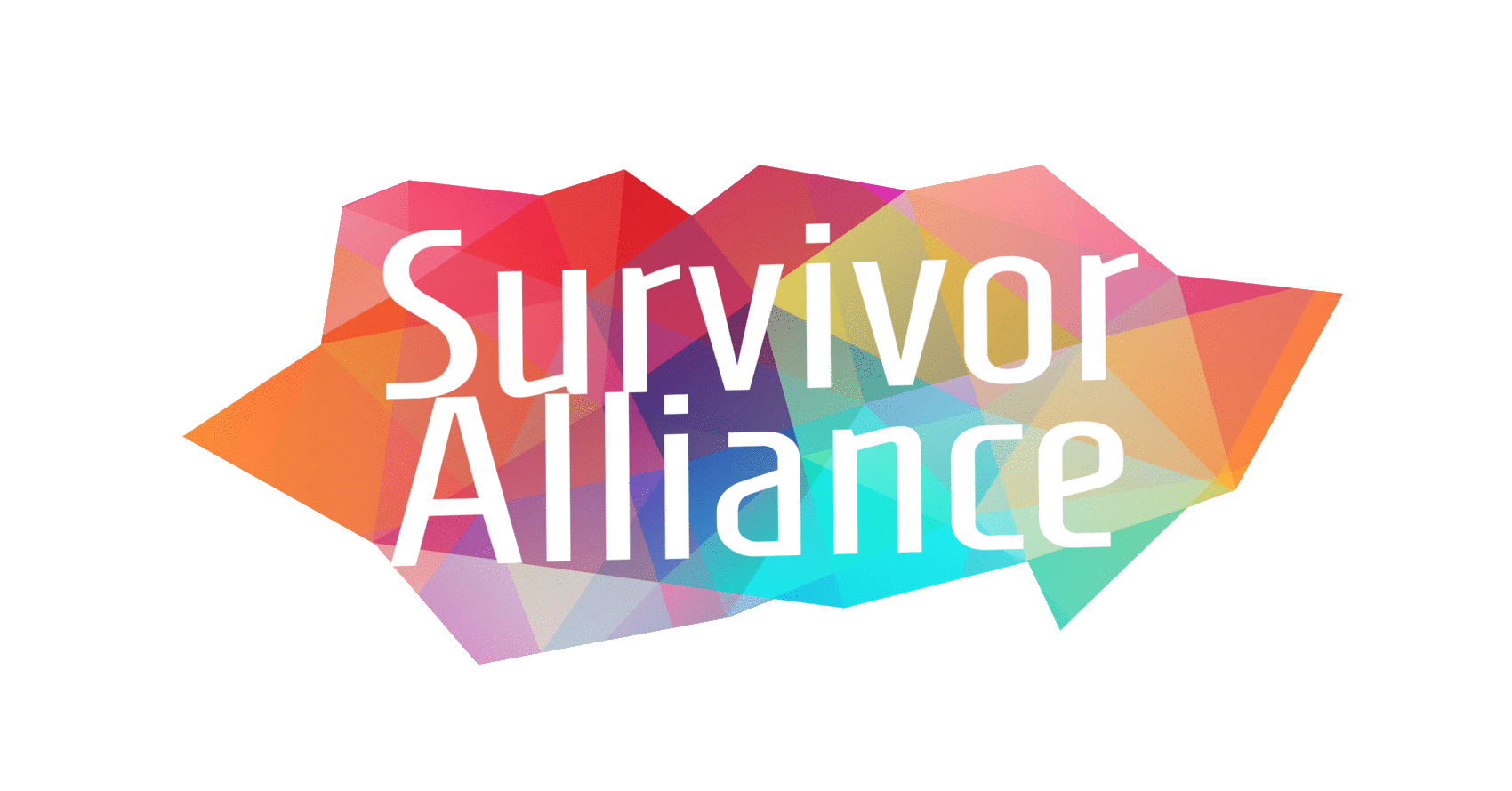Relationship with Allies, the Call for a New Start
In a world where modern slavery has shattered the lives of over 50 million victims, survivors should not be left alone in this cruel fight. Therefore, the role of allies and communities in the fight against human trafficking and modern slavery is crucial. While allies have been interacting with survivors to join forces, the strategies used for survivor involvement have failed to create meaningful engagement. Additionally, policy and programmatic design processes have been led without the involvement of survivors, by only inviting survivors to participate or give input at the final stages.
This blog reflects on survivors' relationship with allies, calling for a new start in shaping this narrative. The reflections in this blog derive from creative workshops and discussions with survivor leaders while developing the first-ever Action Plan for Survivor Leadership. While these reflections are a summary of what was captured during discussions with fellow survivors, they do not represent all survivors' experiences with allies.
When we talk about an ethical relationship between allies and survivors, we cannot leave out the importance of meaningful engagement. To meaningfully engage survivors, it means to meet them where they are, to offer space for their lived experience, and to acknowledge the importance that this experience has in driving the direction of the anti-trafficking movement. While meaningful engagement remains a crucial part, survivors often find themselves silenced and not encouraged to voice out their concerns, to get jobs within the anti-trafficking community. Also, there have been cases when survivors were not invited to future projects or initiatives when they have expressed concerns before.
Power dynamics that are deeply rooted in structural inequalities increase the barriers to forming meaningful relationships between survivors and allies. In order for change to happen, allies need to reflect and openly accept that such power dynamics exist, and they can only be eliminated when their existence is acknowledged. But, acknowledging these dynamics is not enough to write a new start in survivors' relationships with allies. To pave a new path, survivors call for accountability, inclusion, and a brave space for open dialogue and ethical collaboration.
Graphic: Designed by Anxhela, a butterfly which shares the message “stronger together”, by reflecting on the power of uniting for a shared cause.
Change within this power imbalance relationship can start from a shift from a top-down to a bottom-up approach. While a top-down approach gives decision-making power to those who hold leadership positions, positions which in the majority of cases are not held by survivors. On the contrary, a bottom-up approach sees beyond titles and executive roles, this approach meets survivors where they are and recognizes the power that their lived experience has to drive change and decision-making. A bottom-up approach does not hold power only for a small percentage of people, instead it distributes power across survivors, communities, and allies, turning decision-making into a collaborative and inclusive process.
While many anti-trafficking organizations proudly label themselves as trauma-informed, their approach and internal processes do not reflect this approach. On the contrary, anti-trafficking organizations fall into white cultural norms, inadvertently promoting ableism, racism, and disempowering narratives for survivor leadership within the anti-trafficking community. This results in working environments which are extremely dangerous for survivors to be involved in and thrive. Therefore, a trauma-informed anti-trafficking community, which makes space for survivors to heal and thrive, should be a prerequisite, in order for survivors to have access to the tools needed to lead and achieve genuine empowerment.
Image Credit: Vidushi Yadav
Creating accessible and inclusive spaces that promote survivors relationships with allies requires an intersectional approach. The anti-trafficking movement must reflect the diversity of those it aims to help, including various identities, backgrounds, languages, and locations. Transitioning from a movement that lacks diversity and inclusion, to one that is more culturally diverse and representative is a crucial step for paving a new path in the anti-trafficking movement. This intersectional approach should not only remain on paper, it should be reflected in the agendas of funding organizations within the anti-trafficking movement. Survivor-led organizations and initiatives have been lacking access to fundamental grants, while the organizations who hold the power through grants giving, often find locally-led or newly-established initiatives by survivors as risky to fund.
Lastly but most importantly, recognizing lived experience as the basis for anti-trafficking knowledge, holds a pivotal role in dismantling the structural inequalities that exist in academia and knowledge production. Survivors bring invaluable firsthand insights that enrich research and guide the anti-trafficking movement. Therefore, recognizing and valuing lived experience as equally important as academic knowledge, and conveying this knowledge through various platforms, not just scholarly work.
Creating a truly inclusive and effective movement requires bravery and honesty in naming what needs to change. This involves prioritizing the nourishment of a trauma-informed and holistic healing lens in the movement, embracing intersectionality, funding survivor-led initiatives, and valuing lived experience as the most essential source of knowledge on human trafficking and modern slavery. Walking together in this challenging path, and uniting our skills, hopes, and calling for social justice, is the only way to win this fight.


